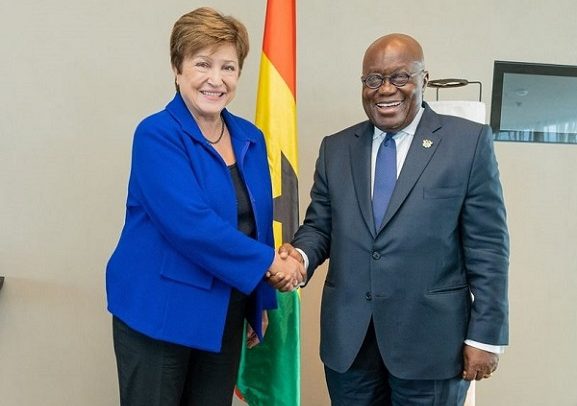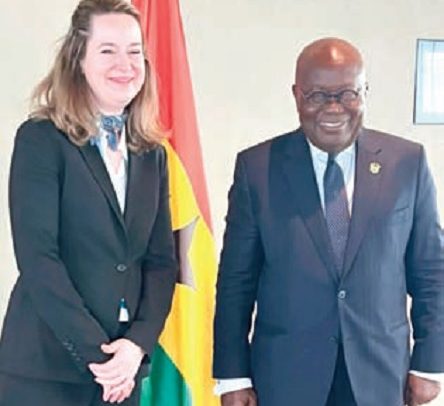
The Executive Director of the Africa Dyslexia Organisation (ADO), Ms Rosalin Kyere-Nartey, has called for the adoption of the multi-sensory learning approach as a tool for dealing with learning disorders among children in the country.
She said there were a number of learning disorders which served as a setback for the education of many children in the country and the earlier these challenges were addressed, the better it would be for the development of society.
Ms Kyere-Nartey who was speaking at the Dyslexia Education Stakeholders Forum 2023 held in Accra yesterday, said some of the learning disorders which most often went unnoticed were dyslexia, dysculculia, and dysgraphia among others.
The forum organised by ADO in collaboration with the British Council was on the theme: “Rethinking inclusivity in education: Addressing the needs of dyslexic students” and was attended by stakeholders including education policy makers, teachers, parents, school proprietors and survivors of learning disorders.
Ms Kyere-Nartey who is also the founder of ADO explained that the multi-sensory approach as known as VAKT which is (visual-auditory-Kinestic-tactile) allowed children assimilate information in different modalities.
She said adopting this approach allowed children to engage more than one of their senses at a time during learning, making it more effective for the desired outcomes.
Ms Kyere-Nartey said as a country, Ghana could not be quiet on issues of learning disorders, stressing that “One out of every five children is estimated to suffer dyslexia, so why are we quiet on it?”
She said the time had come for teachers and parents to move away from condemning children and referring to them as “stupid”, “lazy”, “block headed” and the rest.
She said rather than condemn these children, society must ignite hope and create different pathways to enable all children receive the best form of education in the country.
On her part, the Technical Advisor at the Ministry of Education, Ms Sheila Naa Boamah, said there was the need for organisations such as ADO to foster collaboration with key stakeholders in getting the message on Dyslexia and its other forms of learning disorders.
She said it was important for such advocacy to be based on empirical data so that policy makers could rely on it to influence the change required.
Ms Boamah said it was important that the condition in terms of prevalence rate in Ghana was known.
She said dyslexia and its related learning disorders unlike physical disorders were quiet unique since it could not be identified by merely looking at the appearance of a child.
The United Nations (UN) Resident Representative, Dr Charles Abani, said there was the need for more investment to be put into education to attain inclusivity.
He said ensuring inclusivity was very important towards the attainment of the Sustainable Development Goals on education for all.
BY CLIFF EKUFFUL
The post Let’s deal with learning disorders – ADO appeared first on Ghanaian Times.
Read Full Story

















Facebook
Twitter
Pinterest
Instagram
Google+
YouTube
LinkedIn
RSS